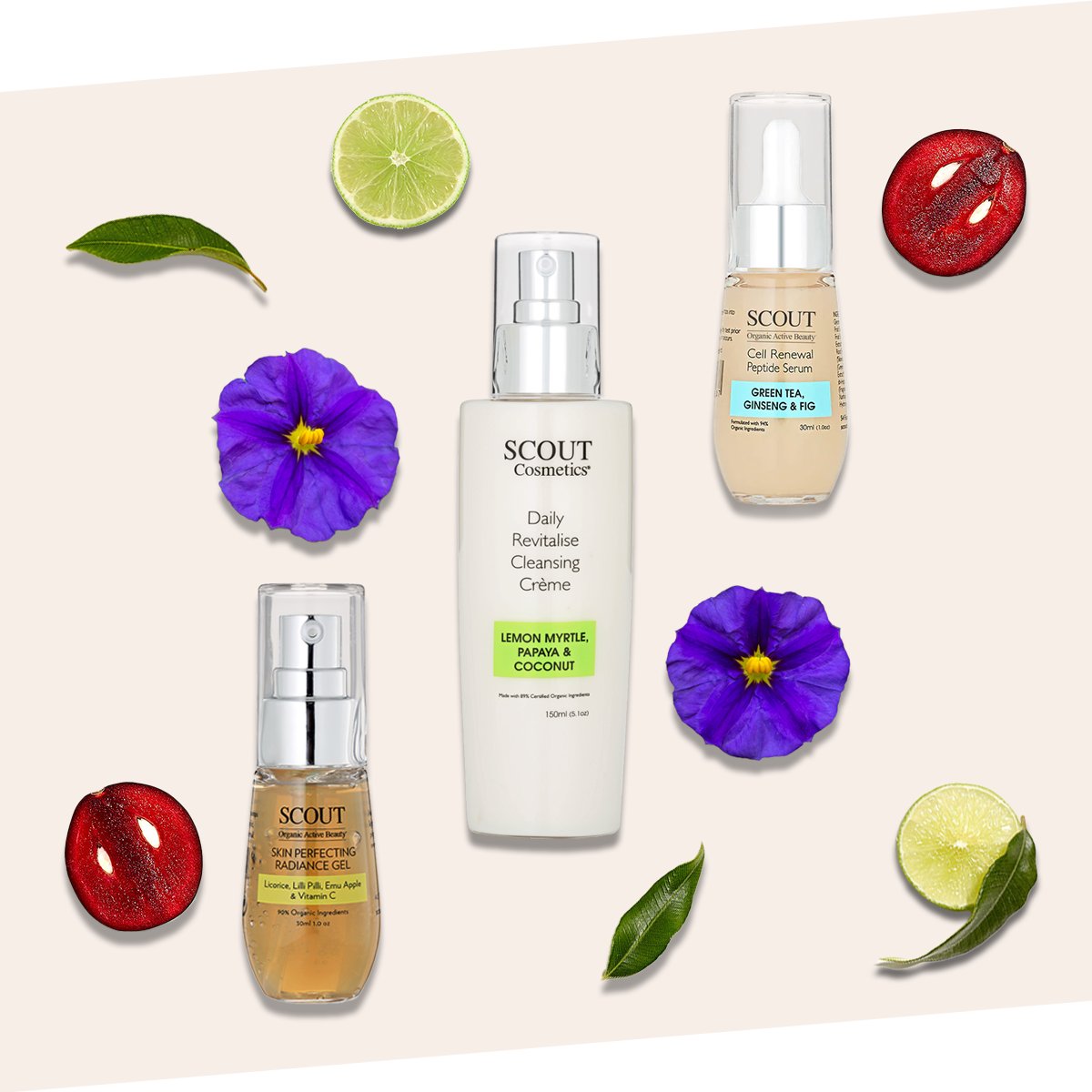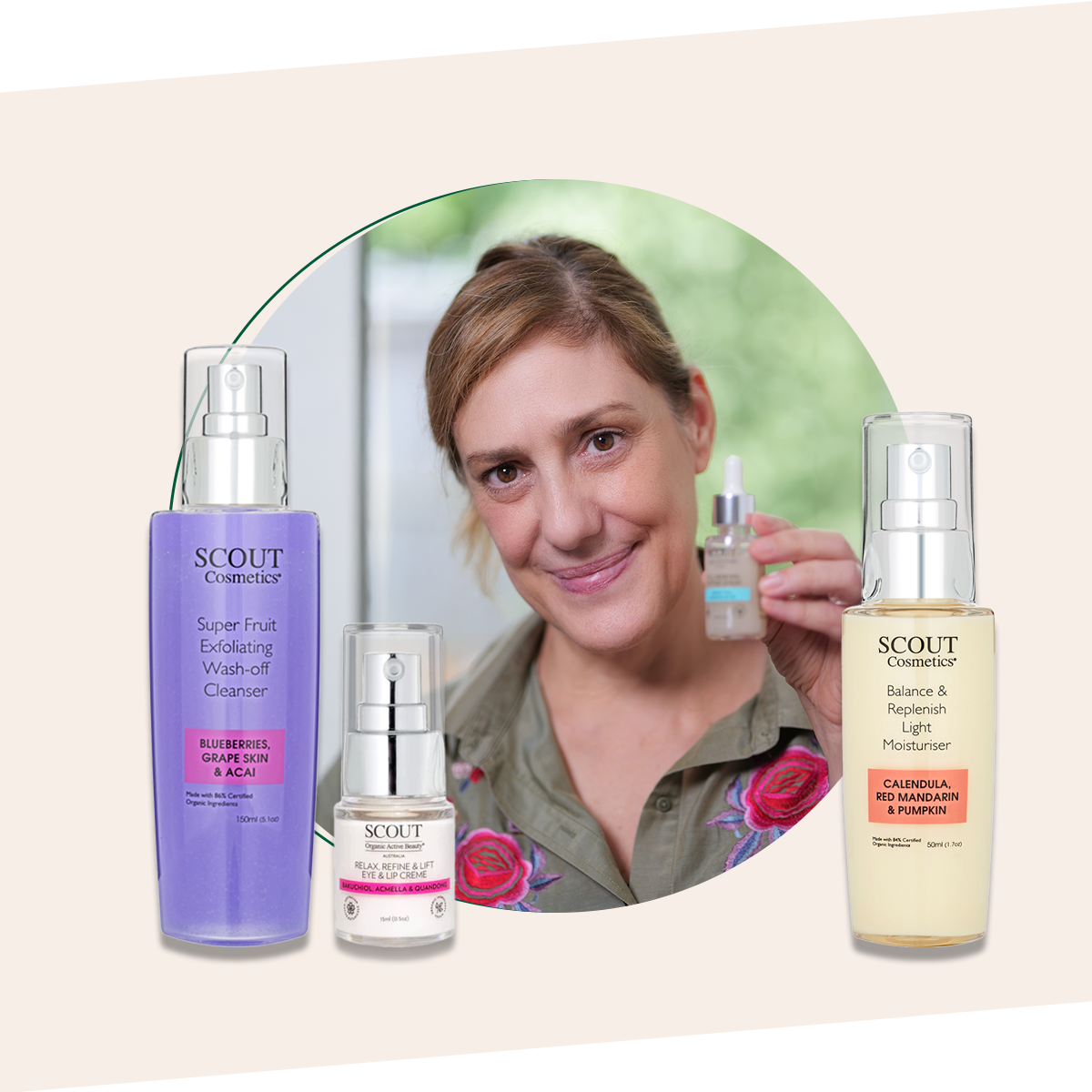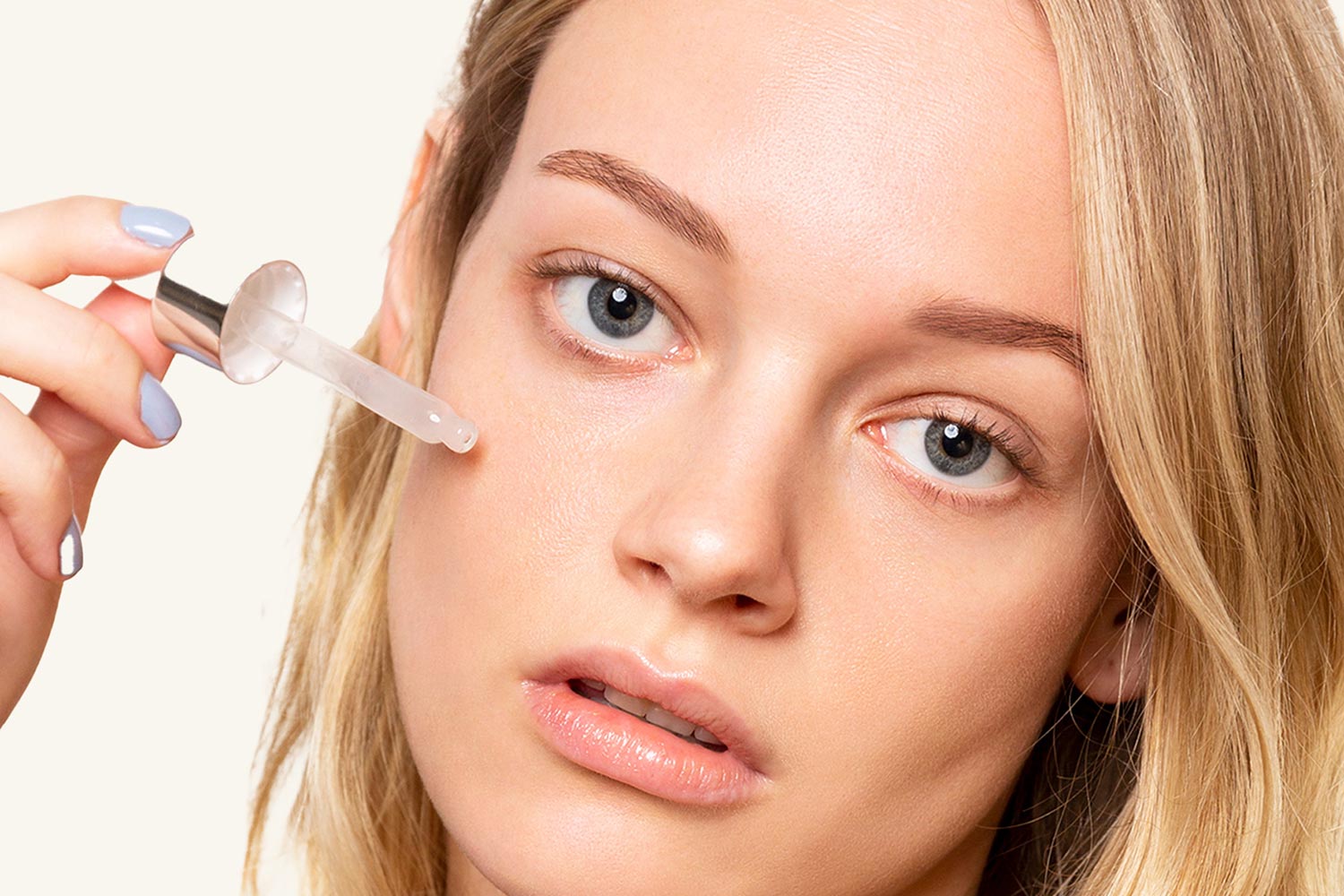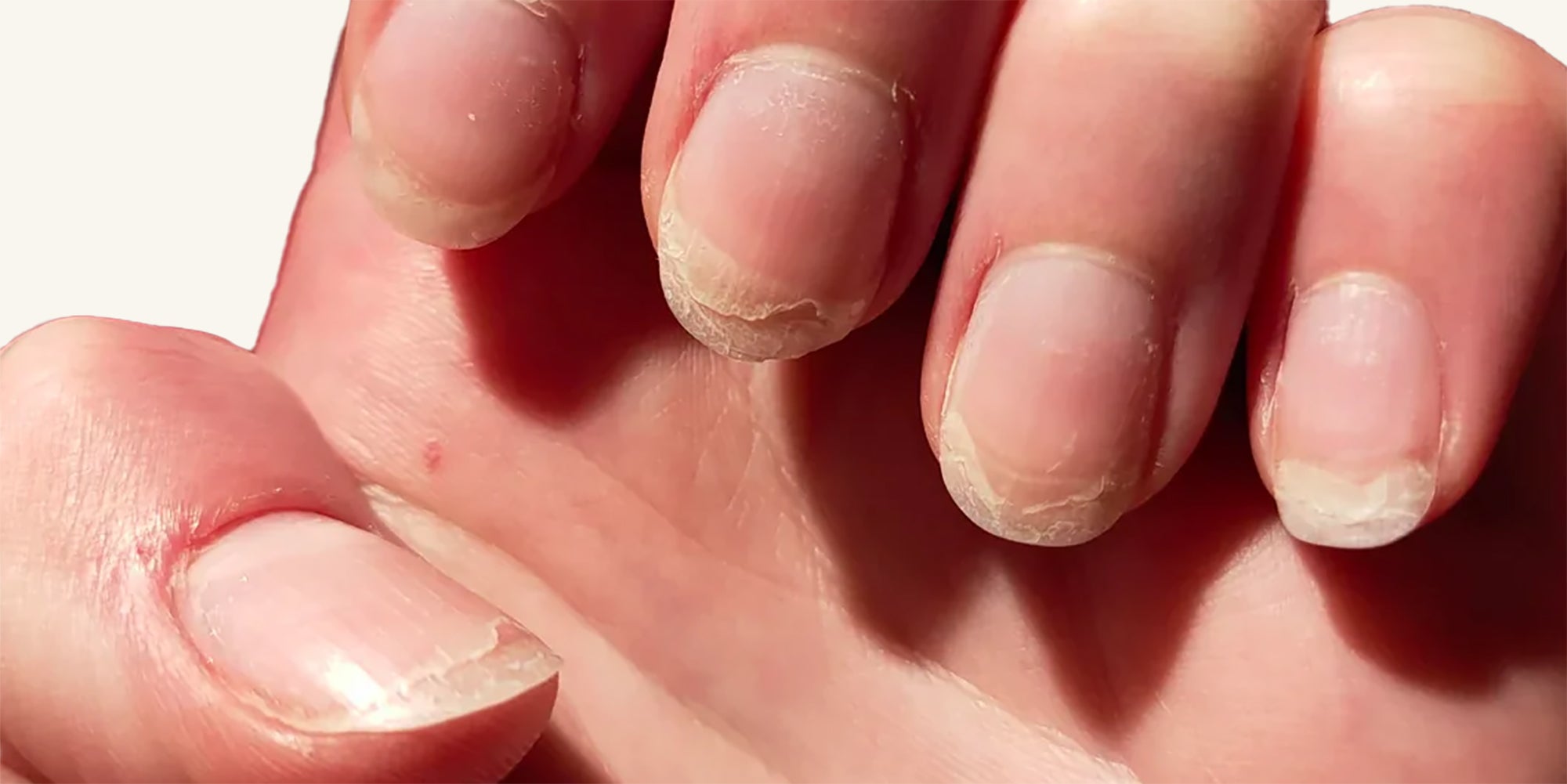
Winter Skin Issues and How to Solve Them
Do you have a favourite season?
I love the transition to the cooler months, and this is when I change up my skincare routine.
While each new season brings with it new fashions and looks, it also delivers up different skin issues.
Fortunately, there are also new and exciting things you can do to repair and restore your skin.
To help you get started, here is a list we compiled of winter skin issues & how to solve them. Steps you should take to create a fool-proof winter skincare routine.
What happens to your skin in Winter?
Cold weather is tough on skin. No question, this is the time to be gentle with your skin because with cooler climes your skin is often drier. Colder weather brings lower humidity and drafts that draw moisture away from the skin and you may find your complexion feeling tight, stripped and dry. You may be especially susceptible if you have poor circulation or are older. Conditions include “eczema, chilblains, Raynaud’s phenomenon, cold urticaria and cold panniculitis”.
Changing temperature and the atmospherics can affect the equilibrium of our skin barrier. To combat this, our beauty routines may need some adjusting to keep our skin hydrated and so reach for some nourishing and protective products.
My approach is to work with the skin’s natural processes and cycles and concentrate on supporting, balancing and strengthening the skin barrier.
- Tight, Angry Skin
I speak to many women who cleanse less in winter, but cleansing is a critical first step in a winter skincare and anti-ageing regime. Instead it could be your usual cleanser which may suddenly leave your skin feeling tighter than normal.
It may also seem logical to blame a moisturiser and think it is ineffective and not properly hydrating our skin when in fact a simple change to a cream cleanser from a foaming or wash off cleanser will quickly sort out that feeling of dryness.
So I definitely recommend using a cream-based cleanser in winter. Use it in the morning as well as in the evening. Sometimes you can even leave it on for a few minutes and then gently wash off.
Look for a cleansing creme which is full of nourishing natural and organic ingredients like Coconut Oil, Aloe Vera Juice or Lemon Myrtle which work to cleanse your skin while keeping your complexion feeling hydrated, soothed, and refreshed, gently and effectively.
Daily Revitalise Cleansing Crème with Lemon Myrtle, Papaya and Coconut
Learn more about Daily Revitalise Cleansing Crème with Lemon Myrtle, Papaya and Coconut
- Chapped Lips
Let me start by saying not every lip balm is the same.
While they all serve the basic purpose of moisturising and protecting the lips, the ingredients and formulations can vary widely and it is a good idea to try a few.
Dry, chapped lips are no joke and one of the most common winter skin issues. It's irritating and painful and makes it a hassle to wear lipstick without it starting to flake and cake onto the dry patches.
Lip skin is thin and more sensitive than the rest of the face because it doesn’t produce oil. Lips also must contend with a lot of wear and tear (talking, kissing, eating, drinking, etc.). That's why they are so susceptible to dehydration, environmental pollution damage and other factors, and don't get us started on the bad habit of biting lips!
While my preferred lip balms contain natural ingredients like paw paw, plant waxes, shea butter, and coconut oil, others may contain synthetic ingredients or fragrances which may be irritating. Some also contain antioxidants, vitamins, and sunscreen to provide extra benefits for the lips.
It's important to choose a lip balm that works well for your specific needs. Sun protection is also a factor, so if you're outdoorsy, look for one that contains an SPF.
The good news is that you can help heal your lips with just a little extra care and one special ingredient.
We're talking about Vitamin E for lips and it's almost magical power to deliver a soft, plump pout. Vitamin E for lips is a superstar ingredient as it moisturises, soothes irritation, protects from sun damage, and plumps the lips!
So always choose a lipstick or lip balm with Vitamin E on the ingredient list!
Bear in mind, it’s not just about how you deal with chapped lips, it’s also about what you do to prevent them in the first place. So drink plenty of water to stay hydrated and avoid excess exposure to sun and wind. Your lips will thank you.
- Dry, Flaky Skin on your Face
Moisturise, moisturise, moisturise.
Sometimes the simple approach is best no matter your skin type.
Dry, flaky, irritated. This has to be one of the most regular skin complaints I hear all through winter.
The most common symptoms of dry and itchy skin (known as xerosis), scales, redness and small cracks. Many of us only think about moisturisers in the emerging warmth of spring and summer. Especially in Australia where the summer heat and strong sun dries and ‘assaults’ the skin and we shower or swim more and need to replenish the natural dermal oils.
However, there is no question it is just as essential to moisturise your skin in the cool months as it is in warmer ones.
The purpose of hydration and a good moisturiser is to replace and lock moisture in skin. The amount required has a lot to do with skin type, hormones and air-conditioning/heating as well as time of the year.
Some women have particularly dry skin and need reliable, more nourishing moisturisers year round. They may find that in winter they need a heavier moisturiser or need to boost their existing moisturiser with serums and oils. But don’t assume the product you need is simply ‘the thicker one’. This does not equate to a more hydrating cream. It is more important to look at the base (aloe vera instead of water) and actives which are present in the formulation.
There are also some common-sense changes to make that are too easy to forget. Forget the long hot bath, avoid steaming showers, rigorous exfoliation and rubbing the skin as it can become irritated and inflamed.
Learn more about Nourish & Hydrate Moisture Defence Crème with White Tea, Pomegranate and Macadamia
- Redness and Sensitivity
Winter can be a tough time of year if you have sensitive skin, or conditions like eczema or rosacea which cause sensitivity.
Whether it is the windswept cold of the outdoors or contending with indoor heating and air-conditioning, all of which can trigger your skin to become reactive and sensitive.
If you’re experiencing unusual redness, tightness or a mild burning sensation, I would first recommend cutting back on physical and chemical exfoliation or other treatments. This creates a baseline and helps eliminate potential causes of the skin reaction. Obviously exfoliating or applying a mask to already inflamed skin can definitely make the situation worse. Keep in mind, our skin is a sensitive organ and should be respected so go easy, pare back using actives until things are under control.
It may also be a good idea to take a look at the humidity levels in your immediate environment. I have some clients who swear by having a humidifier in their home to restore moisture to the air, especially overnight while sleeping.
- Acne, Clogged Pores and Breakouts
Mystery surrounds the causes of breakouts and the maxim that summer is the worst season for breakouts seems common-sense due to the impact of all the heat, humidity, and sweat. However, winter presents its own set of trials for breakout-prone skin, and this is pretty much no matter what skin type you have.
Dehydration is a lack of water in the skin and a major culprit of winter skin concerns! You want to avoid creating a cycle where dehydrated skin starts producing an excess amount of oil to stay moist. Unfortunately, in most cases more oil can lead to clogged pores and more breakouts. Then you go out into the wind and rain and dust swirls around you. What’s more, having dried out skin cells on the surface of your skin creates an unwanted coating that traps pollutants and bacteria underneath. No surprises, these clogged pores can turn into red, inflamed blemishes.
What’s the solution? It may be the last thing you would think. Have you ever heard someone say you should clean up the area and let the skin breathe? Or break out the astringent and rub it on until it stings!
It is true that skin needs to be clean and allowed to breathe however, to prevent clogged pores and breakouts in winter it is imperative to take steps to relieve dry, flaky skin.
First, make sure you’re gently but thoroughly cleansing, but don’t overdo it! Second, be sure to keep your skin well-hydrated and well moisturised. This should help your skin to settle down if blemishes occur and give skin a chance to heal naturally without the excess oil cycle repeating.
A final few thoughts
Be kind to your skin in winter as there’s a good chance you'll experience at least one of these winter skin issues. But with a patient and consistent approach you should be able to take charge of skin without too much trouble.
And don’t forget the need for UV sun protection in winter which is essential even when the sunlight is less intense. We still tend to spend a lot of time outdoors with a lot of reflected sunlight so the skin still needs protection even though there are more clouds and the temperature has dropped. Prematurely ageing skin is often triggered by the accumulation of the sun’s effects.
Glorious Winter Skin Kit
Learn more about Glorious Winter Skin Kit
Finally, as I always say, the occurrence of health and skin issues can be a complete mystery. Maybe it is the simple ageing process, a new allergen in the air, stress, hormones, who knows. So if you try a few changes to your routine and there is no improvement, do yourself a favour and book in to see a Dermatologist. Life is definitely too short to stress over your skin and the price of professional advice may be less in the long run than trying out a whole lot of different skincare products.
Sylvie xx








